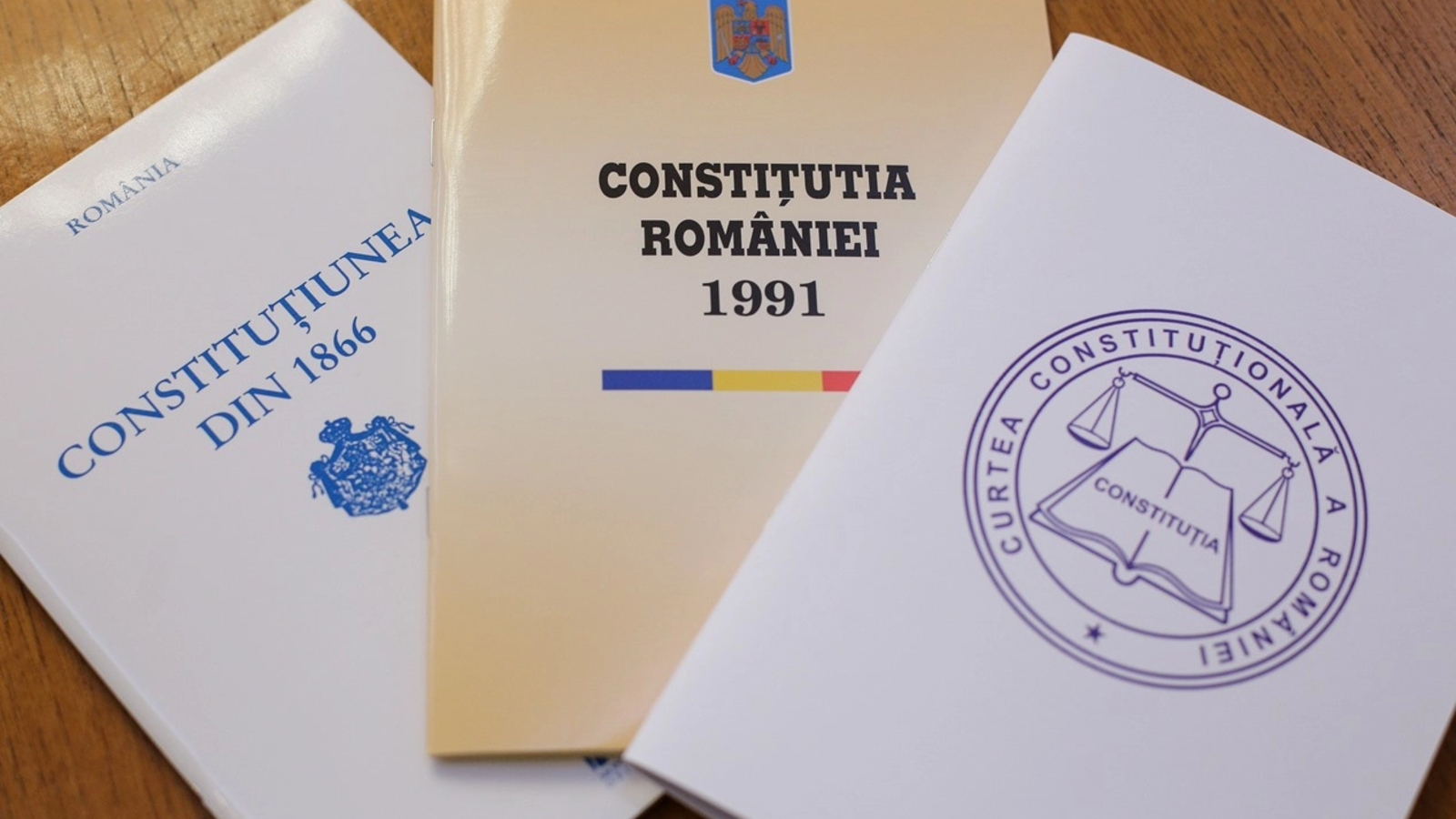As of Friday, December 12, 2024, the Romanian Government is acting in blatant defiance of the Constitution. The first government meeting took place after the Constitutional Court's decision to annul the elections. The Government should have adopted the decision setting the timetable for the presidential elections or, at the very least, should have presented objective reasons why it cannot do so today and a deadline for fulfilling this obligation.
On December 6, immediately after the presidential elections were canceled, President Klaus Iohannis declared: "The new Romanian Government will set new dates on which the two rounds of the presidential election will be held. So, once again, the new Parliament is convened, the new government is elected, and the new Government sets when the presidential elections will be held in the new version."
That same evening, the Official Gazette published the reasoning of the CCR decision to annul the elections, a document which also contains the following paragraph: "The electoral process for the election of the President of Romania will be resumed in its entirety, the Government will set a new date for the election of the President of Romania, as well as a new timetable for the necessary actions. All these aspects include the setting up of new electoral offices, the re-submission of candidacies to be evaluated by the new Central Electoral Bureau and the conduct of a new fair and transparent electoral campaign, in accordance with constitutional principles and values."
The CCR judgment does not set a deadline for the procedure to be carried out by the Government, but this deadline is specified in Art. 147 para. (4) of the Constitution: "The decisions of the Constitutional Court shall be published in the Official Gazette of Romania. From the date of publication, the decisions shall be generally binding and shall have force only for the future". In other words, the obligation to adopt the Government Decision on the establishment of the presidential election timetable operates immediately, and there is no legal argument for leaving this operation to the future government.
Organizing elections on time and correctly is the essence of democracy. In the same way as respect for the rule of law, with its principle of loyalty in relations between the institutions, i.e. between elected representatives and voters, is also essential to democracy, including by respecting the erga omnes nature of the Constitutional Court's decisions.
The jurisprudence of the Constitutional Court has enshrined the importance of the general constitutional principle of loyal conduct, a principle deriving from the provisions of Art. 1 para. (4) of the Constitution and is guaranteed by para. (5) of the same constitutional article. The public authorities are primarily responsible for acting in accordance with the principle of loyalty, in relation to the values and principles of the Constitution, including the principle enshrined in Art. 147 para. (4) of the Constitution regarding the generally binding nature of the decisions of the Constitutional Court (Decision 924/2012).
Do the parties in the future government have time to negotiate positions but fail to agree on the election date? Hard to believe. Perhaps someone imagines that the solution to defuse the tension in society is to postpone the elections sine die, thus saving democracy by unconstitutionally suspending a democratic right. That person is dead wrong and risks convincing even more neutral voters that there are worse scenarios than electing a bizarre president.
































Comentează